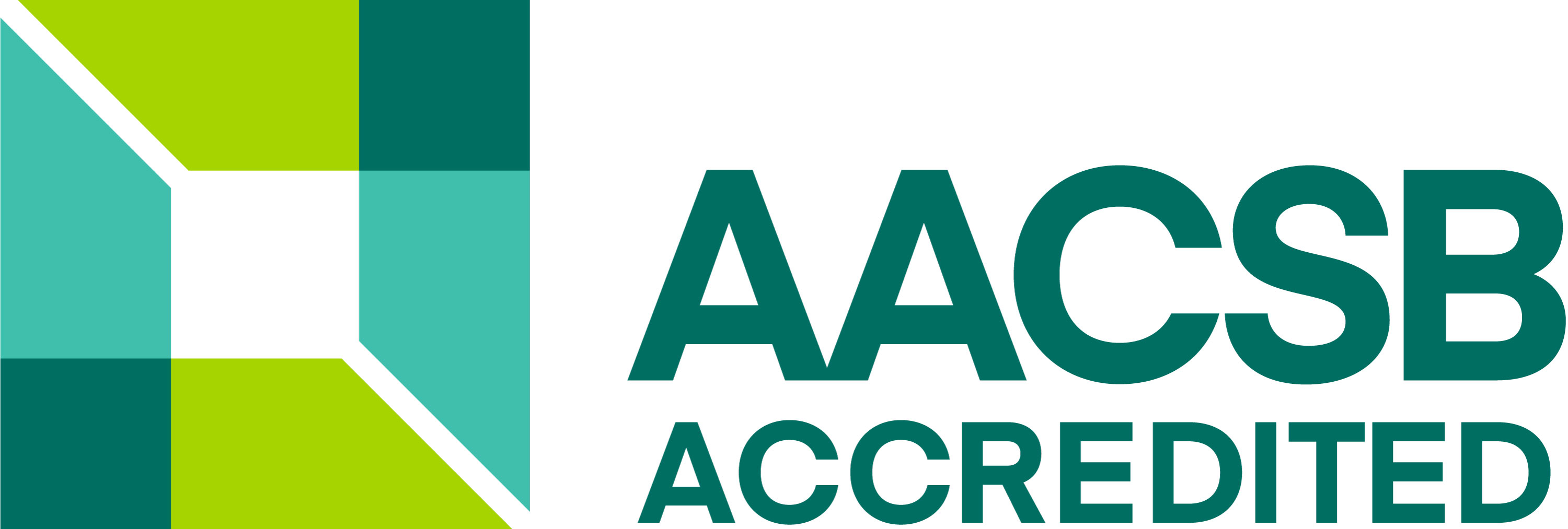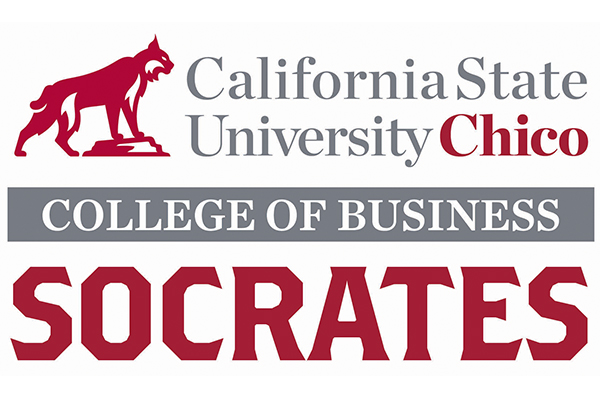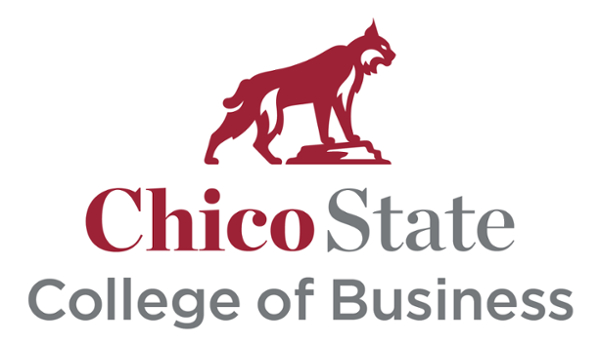
Alum Awarded Congressional Gold Medal For Service As Chinese American In World War II
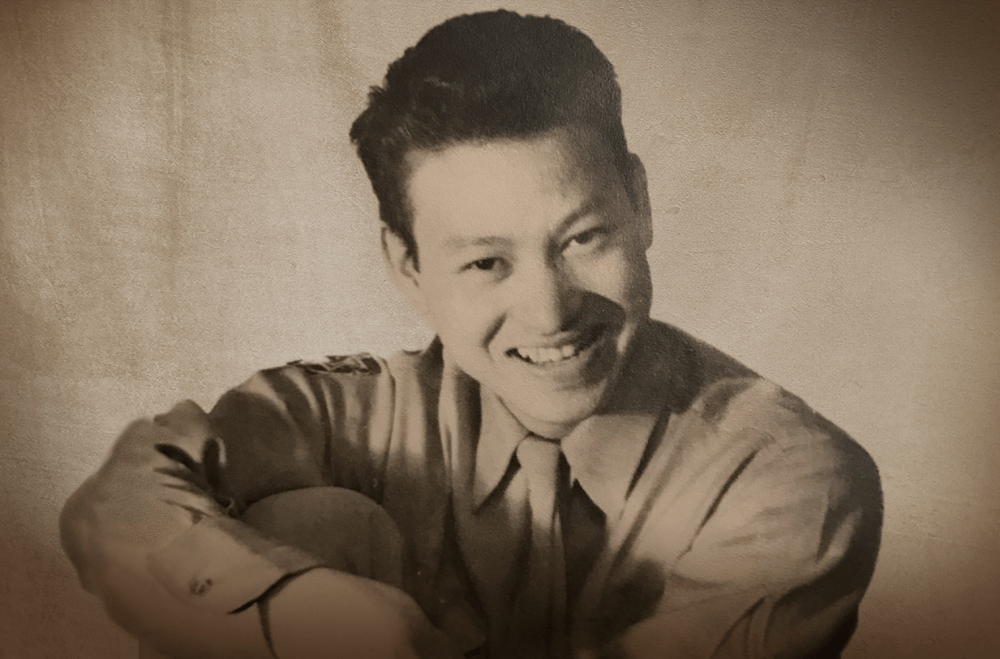
This spring, Joe Chew was bestowed with the honor of a lifetime.
Nearly 75 years after he served his country as a Chinese American during World War II, the 98-year-old Chew is being awarded a Chinese American WWII Congressional Gold Medal for contributions to his country.
“It means a lot to me—to all the Chinese Americans who served,” said Chew (Commerce, ’51), who served in the United States Army during World War II from 1944–46. “It’s an honor.”
But, like so many other events since the spring, the scheduled Washington, DC, ceremony has been postponed due to the COVID-19 pandemic. For Chew, it doesn’t diminish the acknowledgement, which he sees as one honoring many others beyond himself.
“We made a lot of sacrifices,” he said. “A lot of Chinese Americans lost their lives in World War II.”
Chew’s granddaughter, Jessica Casas, said the family was both surprised and thrilled when they learned he was selected for the honor.
“It’s very meaningful, I don’t think Asians and their contributions to our nation and their service have been recognized,” Casas said. “It’s really special to be recognized in this way.”
According to the Chinese American Citizens Alliance, nearly 1 in 5 Chinese Americans served in the US Armed Forces during WWII. Of the nearly 20,000 who served, it’s estimated that fewer than 1,000 are still alive today.
The mission of the Chinese American WWII Veterans Recognition Project, which helped secure the medal recognition for Chew and others, is to recognize, honor, and celebrate the military service of Chinese Americans who served during WWII through advocacy, education, and preservation. Ed Gor, national director of the Chinese Americans World War II Veterans Recognition Project, said the significance of having the Congressional Gold Medal conferred upon this group is that Congress is recognizing them with one of the two highest civilian awards in the United States.
“Even though history hasn’t widely acknowledged that Chinese have been in the US for almost 200 years—serving in the Civil War, building the Transcontinental Railroad, serving in World War I—this medal now recognizes their service in World War II as achievements that have impacted American history and culture,” Gor said. “The honor has become a great source of pride in the major Chinese American communities and a national recognition of the service of most who served in anonymity.”
While Chew’s accomplishments are being recognized later in his life, his family made North State history before he was born. Escaping persecution from China during its civil war, Chew’s father brought his wife and first son (who was 17 years older than Joe) to the United States in 1917. They established themselves in Red Bluff, becoming one of the five original families to settle in that town. Chew was born four years later.
Chew remained in Red Bluff throughout high school, then enrolled at University of California, Berkeley in 1941. After just one year, however, he was drafted to serve in the US Army.

Chew reported to the 1908th Army Service Unit at Camp Beale in Yuba County, where he worked as a typist clerk and later a finance clerk, performing duties vital to keeping base operations running smoothly. At the tail end of his service, Chew worked in the separation center, helping those serving their country transition into civilian life after World War II.
“After the war was over, after the Japanese surrendered, people were leaving the service,” he said. “I filled out the forms to help process the soldiers.”
After serving his country from 1944 to 1946, Chew continued his education, enrolling at nearby Chico State. Several of his high school classmates had attended Chico State before him, giving him the chance to visit the University earlier in his life. His fond memories include playing on the University’s tennis team and the campus’s natural beauty all around him.
“I remember it was very relaxing,” he said.
After graduating from Chico State in 1950, Chew later obtained his CPA to become a tax accountant and returned to Red Bluff where he helped operate his family’s restaurant on Main Street—the California Café, later called the Ming Terrace Café—maintaining business records, balancing the books, typing the menus, and preparing payroll. He sold the restaurant in 1973, then began working as a tax accountant for a San Francisco-based irrigation company, which had offices in Red Bluff and Arbuckle. He retired in 2000 and then enjoyed traveling the world with his wife, visiting countries like Australia, New Zealand, Russia, and China.
Two decades into retirement, Chew still keeps himself busy. He visits his local senior center twice a week and follows the NBA on television (he will have to wait until next year to watch his beloved Golden State Warriors). He keeps his mind sharp by doing his own grocery shopping to “snag some good deals at Asian supermarkets,” according to Casas, and also continues to prepare and file his own taxes.
Chew will turn 99 on December 25, and Gor said his team communicates regularly with the office of House Speaker Nancy Pelosi to establish a rescheduled date for an in-person ceremony. But with COVID-19’s ongoing impacts unclear and other events on the Congressional calendar, it’s unknown when it will be possible.
It is very important, though, said Gor, to keep trying for a live presentation, as Chew is one of approximately 3,000 recipients on the list.
“Even though 90 percent of this group is no longer with us, those veterans who are—and their families—deserve the honor and dignity of a military protocol ceremony where the medal is presented to them by a senior military officer,” he said. “That is what they deserve to have in the presence of peers, family, and friends.”
Sean Murphy
California State University, Chico
University Communications
530-898-4143
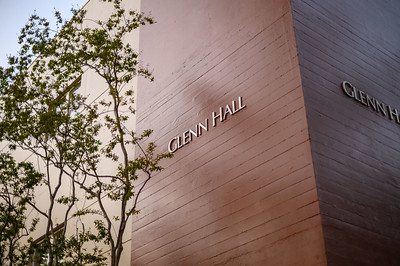
More Information
Business Student Advising
530-898-4480
Degree Programs
MBA Program
businessadvisor@csuchico.edu
Dean’s Office
530-898-6272
bus@csuchico.edu
Giving Questions
Dean's Office
530-898-6272
bus@csuchico.edu
Accessibility Information
Persons with disabilities who need accommodations or have questions about physical access may call the program sponsoring the event or call Accessibility Resource Center at 530-898-5959.

